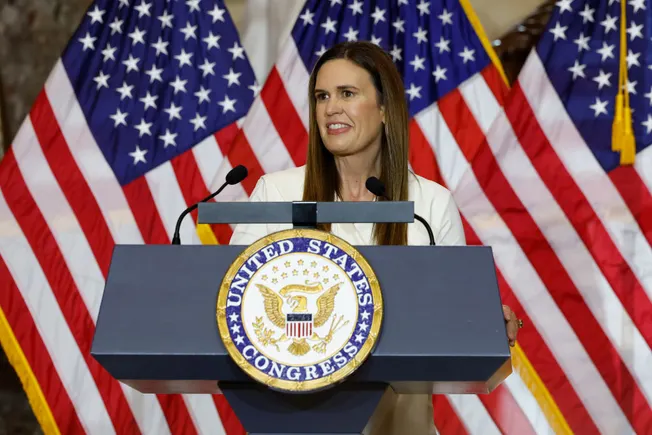Pharmacy benefit managers (PBMs) have been under intense scrutiny in recent years as the middlemen in the pharma industry. These negotiators between health plans, pharmacies, and drug companies have come under fire for their opaque rebate and profit structures, which many blame for the rising drug prices. Efforts to reform PBMs have been ongoing at both the federal and state levels, but progress has been slow.
According to industry insiders like Danny Sanchez, CEO of PBM EmpiRx Health, Congress has been considering PBM reform for years, but little has actually been done. Recent attempts to include PBM reforms in the federal budget bill have been met with uncertainty, with many skeptical that significant changes will happen anytime soon due to political polarization.
States, on the other hand, have taken matters into their own hands when it comes to PBM reform. Last year, 20 states were considering legislation to regulate PBMs, and now all 50 states have bills that would impact PBMs or drug benefits. Arkansas has been at the forefront of this movement, becoming the first state to ban PBMs from owning pharmacies, citing practices that inflate drug prices and limit access to medications.
The ban in Arkansas has sparked legal battles, with major PBMs like CVS and Cigna suing the state over the new law. Despite the pushback, other states are considering similar legislation, and a coalition of state attorneys general has called on Congress to prohibit PBMs from owning or operating pharmacies through federal legislation.
In addition to state-level reforms, other changes are also in motion. New York is looking at requiring PBMs to use the national average drug acquisition cost rate for reimbursement, which could lead to more transparency in drug pricing. Governor Kathy Hochul is also pushing for PBMs to disclose the aggregated dollar amount of rebates they receive from drug manufacturers.
Overall, the pressure for PBM reform is mounting at both the state and federal levels. While PBMs are facing increased scrutiny, the pharma industry itself is not without its own pricing policy issues. Both industries are facing criticism for their role in rising prescription drug costs, and stakeholders are hopeful that reforms will lead to greater transparency and accountability in the drug supply chain.
As the conversation around PBM reform continues, it is clear that both the industry and policymakers are working towards a more equitable and transparent healthcare system for all stakeholders involved.


